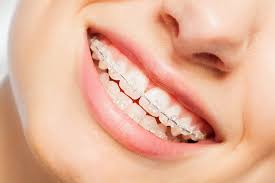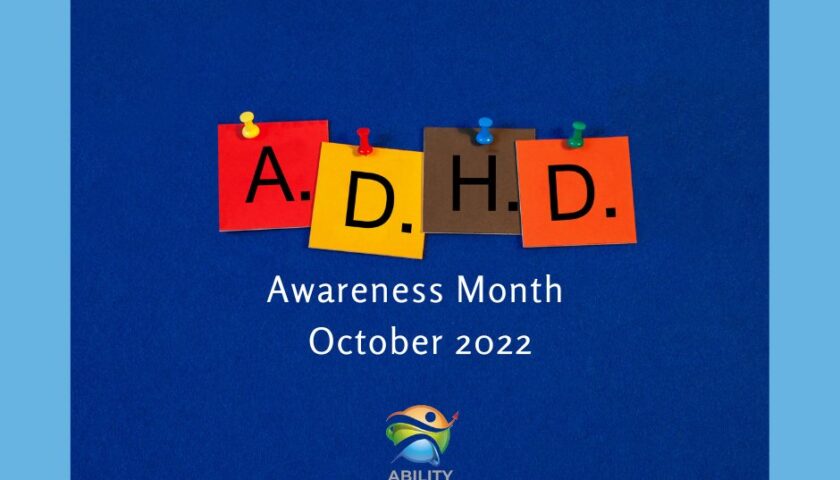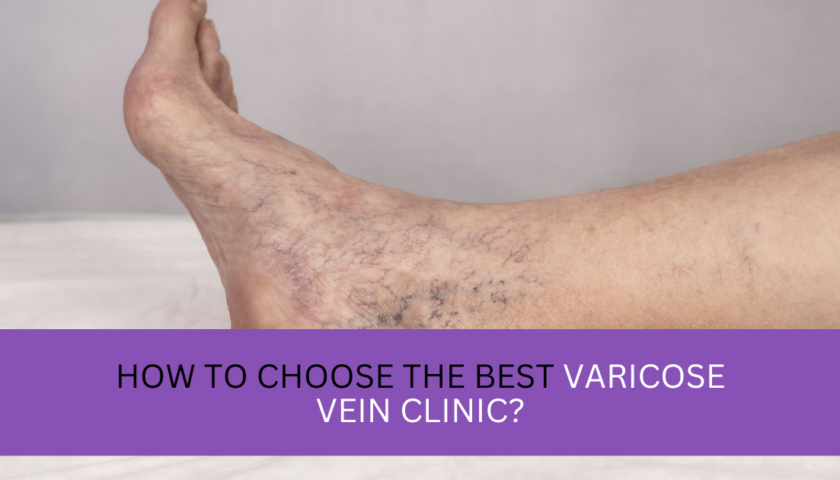Table of Contents
ToggleIntroduction to Teeth Whitening
Bright, radiant smiles are universally desired. After all, a captivating smile can leave a lasting impression and boost our confidence. That’s why teeth whitening has become increasingly popular in recent years. People are constantly seeking ways to achieve that dazzling Hollywood smile right from the comfort of their own homes. But amidst the buzz surrounding this cosmetic treatment, there are several myths and misconceptions floating around. In this blog post, we will debunk some common misconceptions about teeth whitening and shed light on what really works when it comes to achieving those pearly whites! So sit back, relax, and get ready to uncover the truth about teeth whitening!
Myth #1: Whitening Toothpaste is Enough
When it comes to teeth whitening, many people believe that using a whitening toothpaste alone can give them the dazzling smile they desire. However, this is simply not true. While whitening toothpastes may have some mild bleaching agents or abrasive particles that help remove surface stains, they are not sufficient for achieving significant and long-lasting results.
Whitening toothpastes primarily work by removing extrinsic stains caused by factors like coffee, tea, and tobacco. They cannot penetrate deep into the enamel to address intrinsic stains or discoloration caused by genetics or aging. In other words, if you’re looking for a more noticeable improvement in your smile’s brightness, you’ll need to explore other options beyond just using toothpaste.
It’s important to remember that whitening toothpastes should be used as part of an overall oral care routine but should not be solely relied upon for achieving optimal teeth whitening results. To effectively whiten your teeth and achieve a brighter smile, consider professional treatments or at-home kits specifically designed for teeth whitening purposes.
By debunking this common misconception about relying on whitening toothpaste alone, we can better understand the limitations of these products and make informed decisions when seeking out effective teeth whitening solutions. So next time you reach for that tube of whitening toothpaste with high hopes of magically transforming your smile – think again!
Myth #2: DIY Methods are Just as Effective
In the quest for a brighter smile, many people turn to do-it-yourself (DIY) teeth whitening methods. From homemade baking soda pastes to lemon juice rinses, there seems to be no shortage of at-home remedies promising dazzling results. However, it’s time to debunk this common myth and shed some light on the truth about DIY teeth whitening.
First and foremost, DIY methods often lack scientific evidence or professional guidance. While these home remedies may seem harmless, they can actually do more harm than good. For instance, using baking soda excessively can erode tooth enamel over time and lead to tooth sensitivity.
Additionally, most DIY methods only address surface stains and fail to penetrate deep into the enamel where stubborn discoloration resides. Professional teeth whitening treatments utilize powerful bleaching agents that are specifically formulated to break down stains effectively.
Another important point is that not all stains are created equal. Teeth discoloration can result from various factors such as genetics or medication use. Only a dental professional can determine the underlying cause of your particular stain and recommend an appropriate treatment plan.
It’s also worth mentioning that while some at-home kits offer convenience, they often fall short in terms of effectiveness compared to professional treatments. Over-the-counter products may not have the same concentration of active ingredients found in dentist-prescribed options.
So before you embark on any DIY teeth whitening adventure, consider consulting with a dental professional who can provide personalized advice based on your unique oral health needs. Don’t rely solely on unproven methods; invest in safe and reliable techniques backed by science for optimal results.
Myth #3: Teeth Whitening is Only for Aesthetics
Teeth whitening is often seen as a purely cosmetic procedure, with the main goal being to achieve a brighter, more radiant smile. However, this belief is actually a common misconception. While aesthetics certainly play a role in teeth whitening, there are other important reasons why people choose to whiten their teeth.
First and foremost, oral health should always be the top priority when it comes to any dental procedure. Teeth whitening can help improve oral hygiene by removing surface stains caused by foods, drinks, and tobacco products. It promotes healthier gums and reduces the risk of gum disease.
Additionally, discolored teeth can have psychological effects on an individual’s self-confidence and self-esteem. A bright white smile can enhance one’s overall appearance and boost their confidence in social interactions or professional settings.
Furthermore, teeth discoloration can occur due to factors beyond our control such as aging or genetics. In these cases, teeth whitening can be seen as a way to restore natural brightness rather than solely for aesthetic purposes.
While aesthetics do play a significant role in teeth whitening procedures, it is essential to understand that its benefits extend beyond just achieving a visually appealing smile. The positive impact on oral health and overall well-being make it an option worth considering for anyone seeking both functional and cosmetic improvements to their dental care routine.
The Truth About Teeth Whitening Products
When it comes to teeth whitening, there are countless products on the market claiming to give you a bright and dazzling smile. From whitening strips to gels and pens, the options can be overwhelming. But what is the truth about these teeth whitening products? Are they really effective?
The truth is that not all teeth whitening products are created equal. While some may provide noticeable results, others may fall short of expectations. It’s important to do your research and choose a reputable brand with proven results.
One key factor to consider when selecting a teeth whitening product is the concentration of hydrogen peroxide or carbamide peroxide in the formula. These ingredients are responsible for bleaching away stains and discoloration. Higher concentrations generally yield better results, but it’s essential to follow instructions carefully as misuse can lead to tooth sensitivity.
It’s also important to manage your expectations when using at-home teeth whitening products. While they can certainly make a difference in lightening surface stains, they may not be able to completely transform severely discolored teeth or internal staining.
If you’re looking for more dramatic results or have specific concerns about your oral health, professional teeth whitening treatments performed by dentists often yield superior outcomes compared to at-home kits. Dentists have access to stronger bleaching agents and advanced techniques that can safely deliver impressive improvements in tooth color.
While there are many teeth whitening products available on the market, it’s crucial to understand their limitations and choose one that suits your needs best. Remember that not all products will deliver the same level of effectiveness, so do thorough research before making a purchase decision!
Professional Teeth Whitening vs At-Home Kits
When it comes to teeth whitening, you have two options: professional treatments or at-home kits. Let’s take a closer look at the differences between these two methods.
Professional teeth whitening is typically done in a dental office by trained professionals. It involves using stronger bleaching agents and advanced technology to achieve optimal results. The process usually takes about an hour and can lighten your teeth several shades.
On the other hand, at-home kits offer convenience as you can use them in the comfort of your own home. These kits often include whitening gels or strips that you apply to your teeth for a specified amount of time each day. While they may be less expensive than professional treatments, they generally take longer to see noticeable results.
One advantage of professional teeth whitening is the expertise of the dental professionals who oversee the treatment. They can assess your oral health and determine if there are any underlying issues that need to be addressed before proceeding with whitening. Moreover, they can customize their approach based on your specific needs and goals.
At-home kits may seem appealing because of their affordability, but they lack this personalized touch and supervision from qualified experts. Additionally, overusing or misusing these products could lead to tooth sensitivity or gum irritation.
It’s important to note that both professional teeth whitening and at-home kits have their pros and cons depending on individual preferences and budgets. However, if you’re looking for quicker results with proper guidance from dental professionals, then opting for professional treatment might be worth considering.
Conclusion
Teeth whitening is a popular and effective way to enhance the appearance of your smile. However, there are many misconceptions surrounding this cosmetic dental procedure. It’s important to separate fact from fiction when it comes to teeth whitening.
Myth #1: Whitening toothpaste is enough. While whitening toothpaste can help remove surface stains, it is not sufficient for achieving significant results. These toothpastes usually contain mild abrasives and polishing agents that can only address superficial discoloration.
Myth #2: DIY methods are just as effective. From baking soda to lemon juice, there are countless DIY teeth whitening remedies floating around on the internet. However, these methods may do more harm than good. Lemon juice, for example, has high acidity levels that can erode enamel over time.
Myth #3: Teeth whitening is only for aesthetics. While teeth whitening certainly improves the look of your smile, its benefits go beyond mere aesthetics. Having white teeth can boost your self-confidence and make you feel more comfortable in social settings or professional environments.
The truth about teeth whitening products lies in understanding their effectiveness and safety profiles. Over-the-counter options like strips and gel trays may provide some improvement but often take longer to achieve noticeable results compared to professional treatments.
Professional teeth whitening offers superior results due to stronger bleaching agents used under controlled conditions by dental experts. Dentists have access to higher concentrations of hydrogen peroxide or carbamide peroxide solutions that penetrate deep into the enamel for more dramatic outcomes in a relatively short amount of time.





